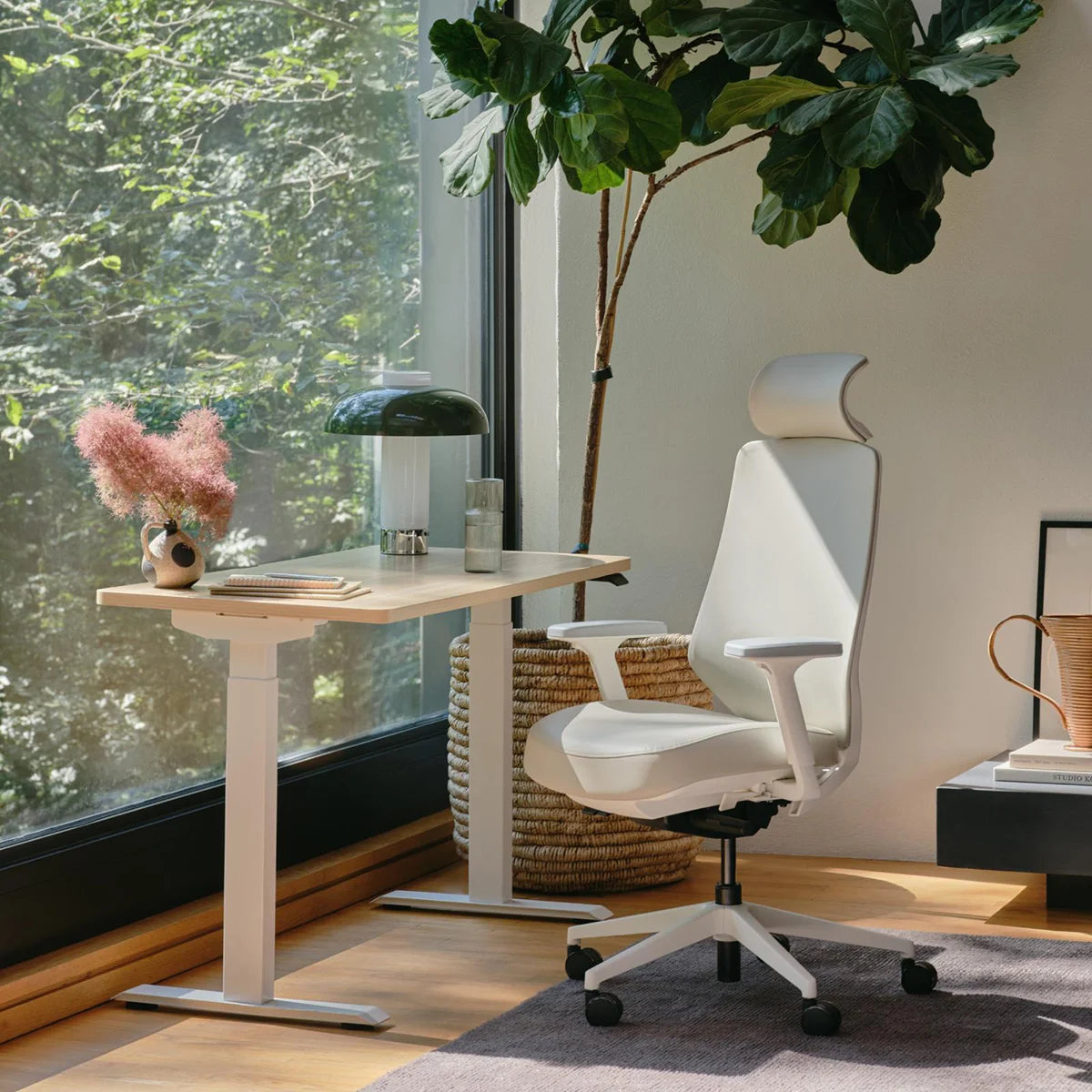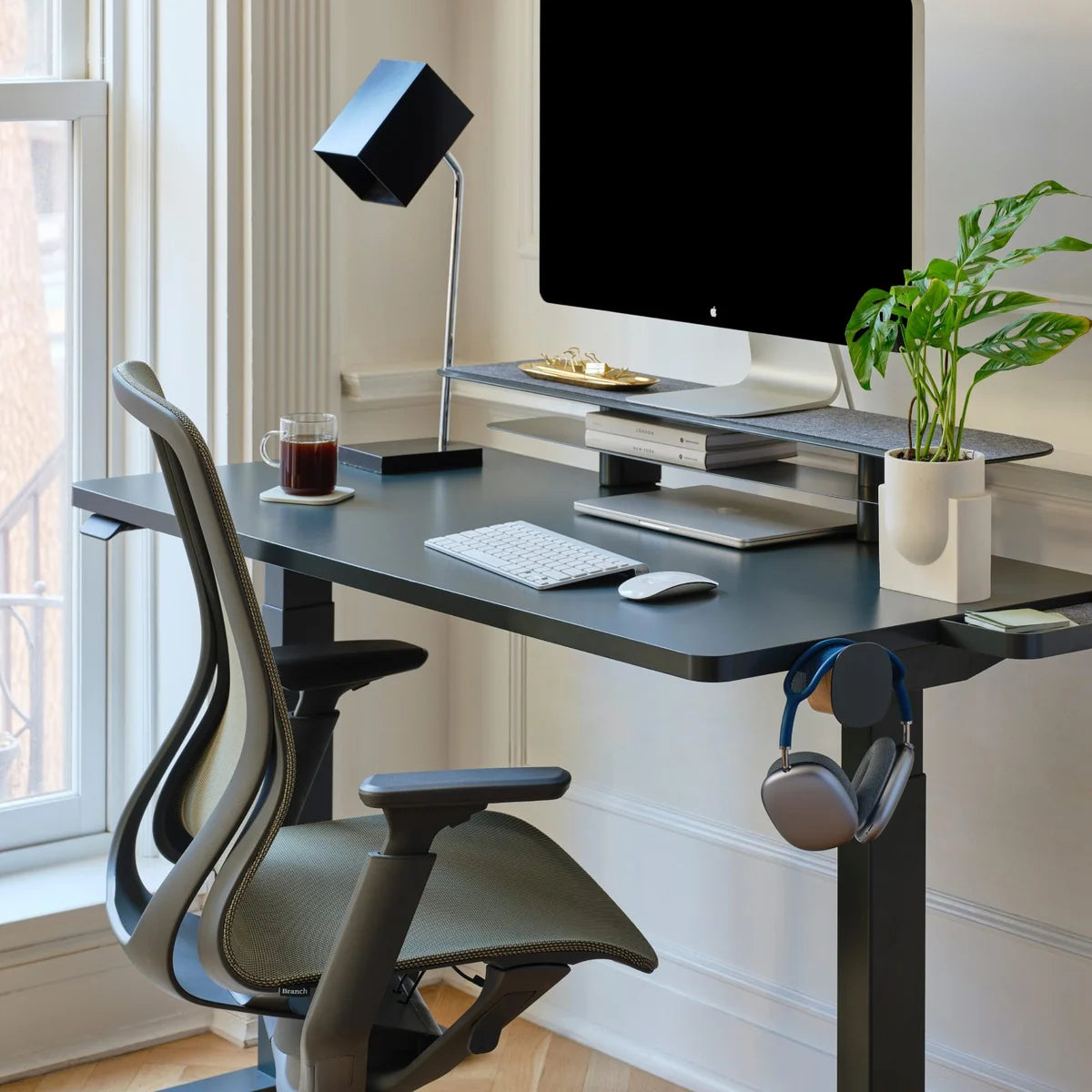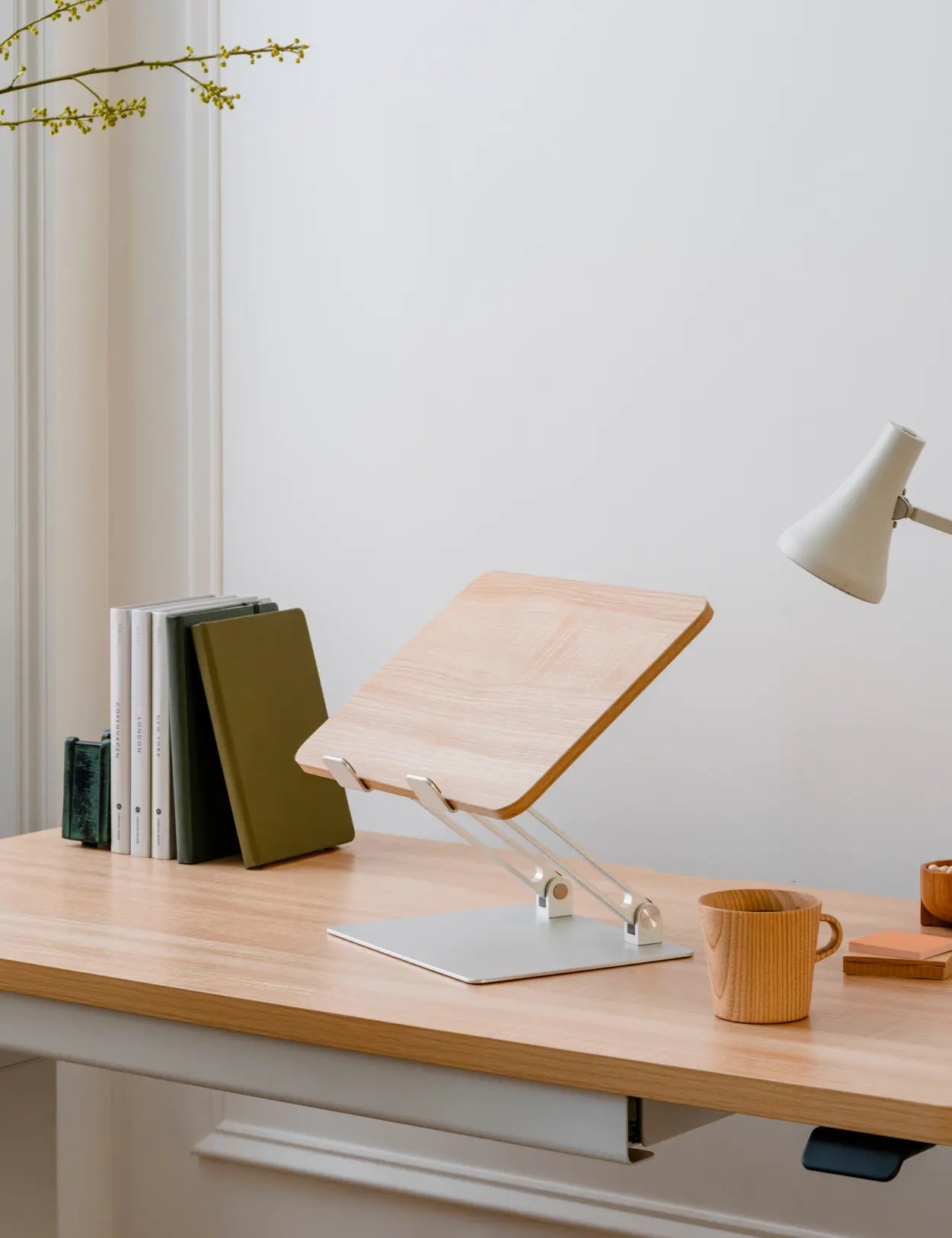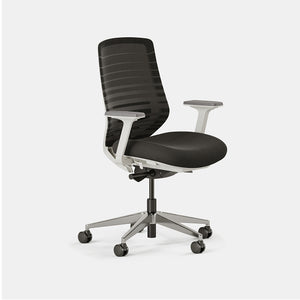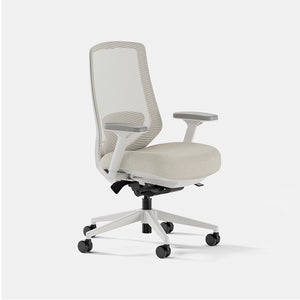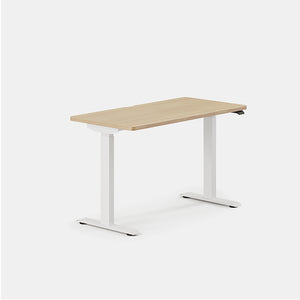“Feng shui” is a Chinese term that translates to “the way of wind and water.” Interestingly, this is likely how we started to use the word “flow” in the West. The art of feng shui partly centers on how we configure buildings and objects like furniture and decor to support this flow of energy.
The philosophy has its roots in early Taoism around 500 B.C.E and has to do with humanity’s relationship with nature and the universe. Feng shui emerged from the ancient ideas of balance and harmony.
Taoists believe in “chi,” also spelled “qi,” which roughly translates to the life force that inhabits all things. Chi is where we get the “yin and yang'' symbol — two complimentary but opposing life forces. Taoists believe that if you properly balance everything, you will experience a more positive flow of chi.
In the West, we mainly associate feng shui with interior design and home floor plans, but the philosophy also touches on a wider scope of subjects like city planning and architecture. In short, good feng shui is believed to bring about prosperity, improve relationships, increase good luck, optimize efficiency, and promote better health.
Let’s look at nine ways for how to feng shui your office space.





